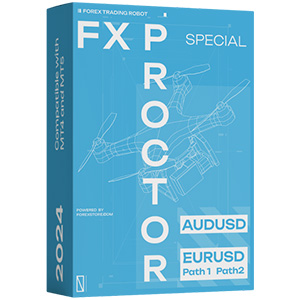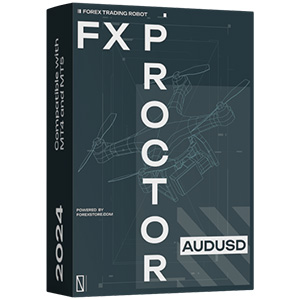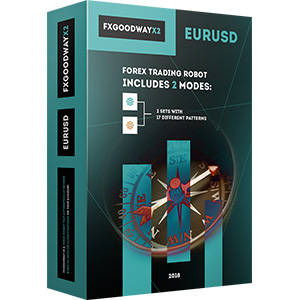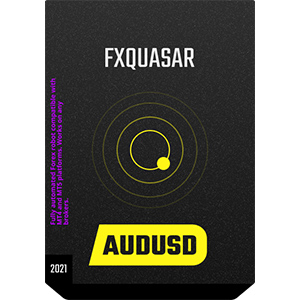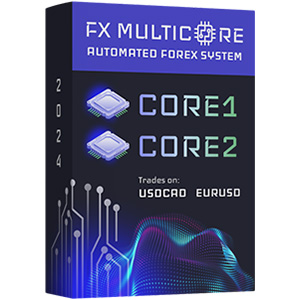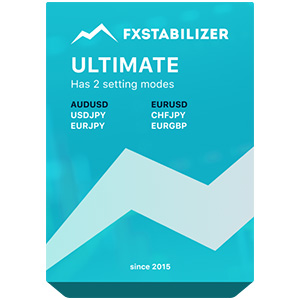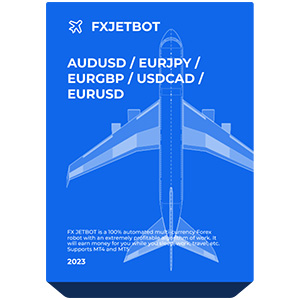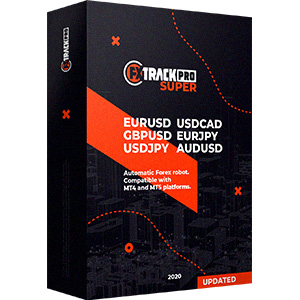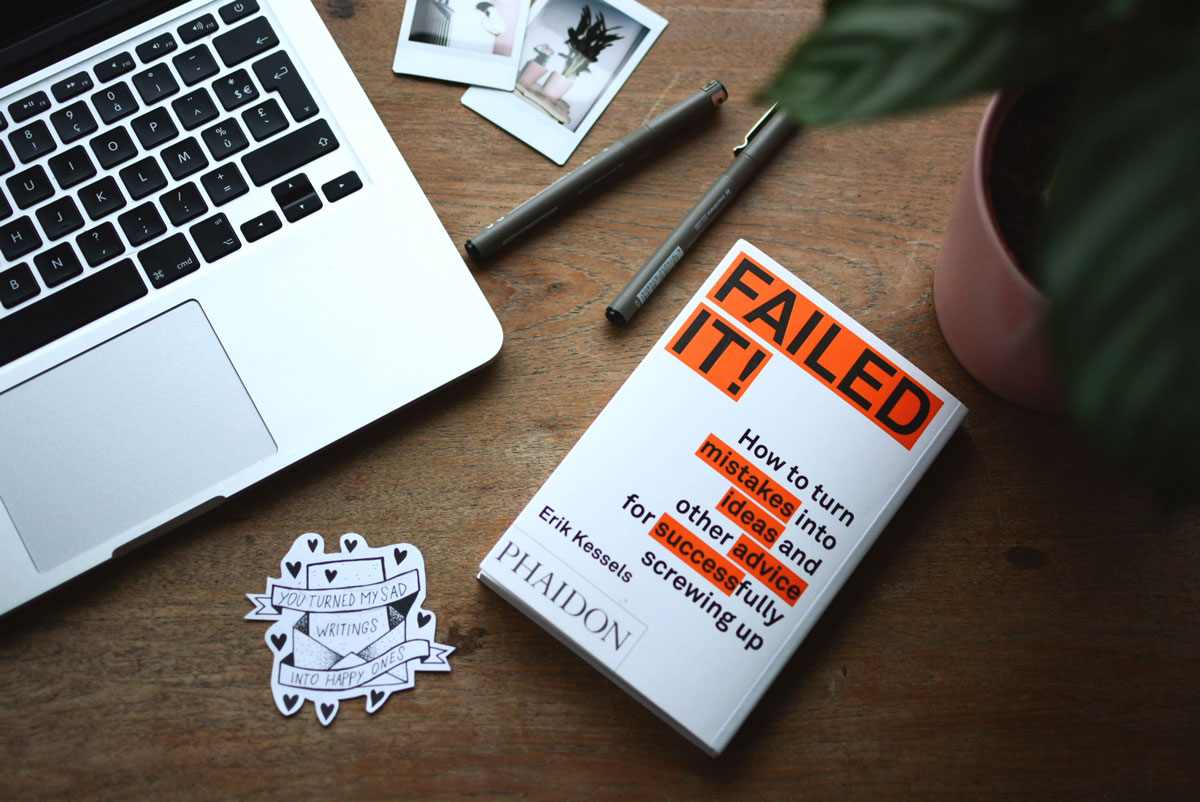
Der Devisenhandel ist ein weites Feld für Fehler unterschiedlicher Art, aber deren Qualität und Kritikalität sind es, die einen guten Forex-Händler von einem schlechten unterscheiden. In diesem Artikel haben wir die 5 häufigsten Fehler zusammengestellt, die ein Anfänger im Devisenhandel vermeiden sollte.
Einführung
Laut harten Statistiken verdienen nur 10-15% der Händler ein stabiles Einkommen, während der Rest oft scheitert und ihre Einzahlung verliert. Und der Punkt ist nicht, dass jemand das Geheimnis des Erfolgs besitzt und jemand nicht.
Es liegt nur daran, dass einige Händler sich der Gefahren bewusst sind, die auf sie warten, und versuchen, sie zu vermeiden, während andere unverantwortlich handeln. Möchten Sie, dass der Devisenhandel profitabel ist? Dann denken Sie daran, was den Händler am Erfolg hindert.
1. Schlechtes Geldmanagement
Der Erfolg des Händlers liegt nicht nur in der Fähigkeit, die Einzahlung zu erhöhen, sondern auch darin, sie zu erhalten. Geldmanagement ist eine wichtige Komponente des Handels, und hier sind die grundlegenden Regeln:
- das Volumen jeder Transaktion sollte nicht mehr als 2-3% der Einzahlung betragen;
- Stop-Loss und Take-Profit sollten immer festgelegt werden (wenn es die Strategie zulässt);
- um mit hochriskanten Vermögenswerten zu arbeiten, einen kleinen Teil des Handelskontos zuweisen;
- in der Lage sein, rechtzeitig eine Pause einzulegen nach einer Serie von Verlustgeschäften;
- Gelder diversifizieren und verschiedene Verdienstmethoden nutzen (unabhängiger Handel, algorithmischer Handel, Investitionen usw.).
2. Zu hohe Kredit-Schulter
Der Hebel ist ein zweischneidiges Schwert. Einerseits hilft es Händlern auch mit einer kleinen Einzahlung, in den globalen Markt einzusteigen und mehr Gewinn zu erzielen. Andererseits erhöht der Hebel proportional nicht nur den Gewinn, sondern auch das Scheitern der Händler, daher müssen Sie sehr vorsichtig sein.
Zum Beispiel erhalten Sie bei einem Hebel von 1:100 im Erfolgsfall 100-mal mehr Einkommen aus Ihrer Transaktion, aber wenn die Transaktion unrentabel wird, sind die Verluste entsprechend größer. Übrigens bevorzugen viele Profis, die sich über solche Risiken im Klaren sind, einen Hebel von 1:2, 1:5 oder 1:10.
Ein weiterer Fallstrick des Hebels ist die Kosten für die Eröffnung von Positionen. Je höher das Transaktionsvolumen, desto höher der Wert des Punktes. Wenn Sie also Währungspaare mit einem großen Spread handeln, können Ihre Kosten beim Öffnen einer Transaktion bis zu 5-6% der Gesamteinlage betragen.
Was bestimmt die Wahl der Hebelgröße?
Meistens ist es die Marge - die Einzahlung, die der Händler dem Broker als Sicherheit im Falle eines möglichen Verlusts bereitstellen muss. Dies ist eine Art Versicherungsbetrag, den der Broker vom Händler verlangt, wenn er dem Händler Kreditmittel in Form von Hebel zur Verfügung stellt. Und wenn ein Händler anfängt, mit Verlust zu handeln und das Margenniveau erreicht, werden die Transaktionen automatisch geschlossen, um den Versicherungsbetrag zu sichern.
Jeder Broker hat seine eigene Margengröße, aber im Durchschnitt wird für einen Hebel von 1:20 eine Marge von 5% aus der Einlage angewendet, für einen Hebel von 1:50 beträgt die Margenanforderung 2%, und bei einem Hebel von 1:100 beträgt die Marge 1%.
Natürlich sind alle aufgeführten Fehler keine vollständige Liste der "Feinde" eines erfolgreichen Händlers, aber dies sind die typischsten Ursachen für Misserfolge. Erfolgreiches Forex-Trading steht jedem offen, der in der Lage ist, diese Gefahren zu vermeiden und selbstbewusst sein Ziel zu verfolgen.
3. Disziplinlosigkeit
So abgedroschen es auch klingen mag, dies ist der Hauptgrund für die meisten fehlgeschlagenen Transaktionen. Sobald der Händler die Selbstkontrolle verliert, Emotionen nachgibt und sich erlaubt, von den Regeln seiner eigenen Strategie abzuweichen, macht er sofort einen Fehler.
Der Wunsch, nach einem Misserfolg wieder gutzumachen, Gier, Eile, Angst, Aufregung - das sind die Hauptfeinde des Traders. Leider gibt es kein magisches Werkzeug, um ohne diese schädlichen Emotionen zu handeln. Nur Willenskraft, Disziplin und Entschlossenheit werden Ihnen dabei helfen.
4. Kein Handelsplan
Ein Handelsalgorithmus ist eine klare Handlungssequenz. Ein Händler muss einen Plan erstellen, der eine Handelsstrategie angibt, nach der er arbeitet, welche Vermögenswerte er handelt, zu welcher Zeit, unter welchen Bedingungen er Geschäfte eröffnet und schließt.
Der Algorithmus muss auch die Risiken des Forex-Handels berücksichtigen, wo Stop-Orders platziert werden, was das Volumen jeder Transaktion ist, wie die Fragen lauten: "Wo soll der Stop-Loss platziert werden?, Was ist das Volumen jeder Transaktion?, Was ist der maximale Drawdown pro Tag oder Woche?
Selbst ein erfahrener Händler (ganz zu schweigen von Anfängern) kann es schwierig finden, einen Algorithmus selbst zu erstellen, daher können und sollten Sie professionelle Hilfe in Anspruch nehmen.
5. Übermäßige Emotionalität und Aufregung.
Emotionen im Allgemeinen und ein gesunder Teil der Aufregung sind oft das, was einen erfolgreichen Trader im Prinzip antreibt. Der Instinkt eines Jägers, wenn Sie so wollen. Aber alles hat seine vernünftigen Grenzen, und übermäßige Emotionalität ist nicht weniger gefährlich als ihre vollständige Abwesenheit.
Forex-Handel ist ein Zahlenpiel, das oft von externen Faktoren beeinflusst wird. Trader haben absolut keine Kontrolle, zum Beispiel über Regierungen. Es gibt jedoch Zeiten, in denen der Markt zu Ihren Gunsten arbeiten wird, und manchmal werden Sie verlieren.
Darüber hinaus sollten Sie bedenken, dass es viele erfahrene Fachleute auf dem Gebiet des Handels gibt, und keiner von ihnen wird einfach zusehen, wie Sie mit Ihrem Geld davonziehen. Lassen Sie also nicht zu, dass Ihre Emotionen Ihre Entscheidungen leiten.
Treffen Sie stattdessen logische Entscheidungen basierend auf Variablen, die Ihre Trades beeinflussen. Mit anderen Worten, der einzige Weg, um Profis in ihrem Spiel zu besiegen, besteht darin, das zu tun, was sie tun. Stellen Sie also sicher, dass Sie eine Handelsstrategie haben und dieser folgen, und betreten Sie nicht blindlings die Transaktion.
Fazit
Abschließend möchte ich sagen, dass es natürlich ist, Fehler zu machen, und Sie sollten keine Angst davor haben. Sie werden nie alle scharfen Ecken des Handels spüren, bis Sie selbst in diese Falle tappen. Indem Sie Fehler im Handel machen, ihre Ursachen analysieren und korrigieren, werden Sie sich von einem unerfahrenen Neuling auf den Finanzmärkten in einen echten professionellen Trader verwandeln, der weiß, wie man handelt und Gewinn macht.
"Alles, was mich nicht umbringt, macht mich stärker", was im Handel bedeutet, dass Sie durch das Machen von Fehlern Beulen bekommen, die Ihnen enorme Erfahrung vermitteln und Ihnen beibringen, wie Sie effektiv an den Finanzmärkten handeln können.


